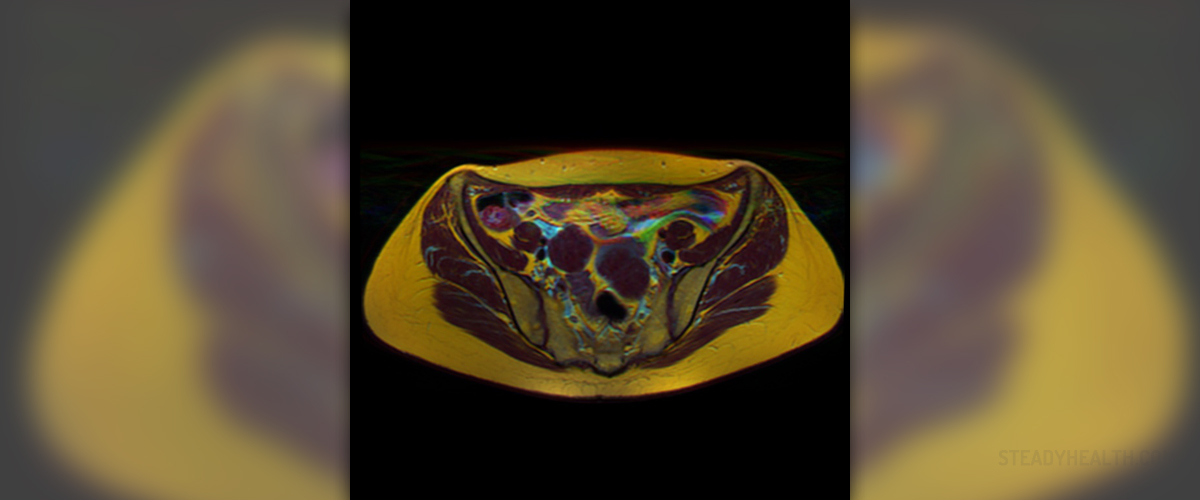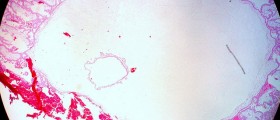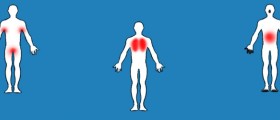
Uterine fibroids
Uterine fibroids are also known under the names fibromyomas, leiomyomas or myomas. They are the benign growths of the uterus, and they develop inside, outside or within the smooth muscle in the wall of the uterus. They are not the potential causes for the uterine cancer. However, if a fibroid rapidly grows, it may become cancerous, although this rarely happens.
Uterine fibroids are one of the most common conditions, that appear in women. Only every fourth woman does not have uterine fibroids, while the rest of them develop it at one time during the life. However, many of them do not know that, because there are hardly any symptoms. In the majority of cases, they are detected during regular pelvic examination or prenatal ultrasound. In most cases, uterine fibroids do not need any treatment. The cause for their occurrence has not been established yet. Nevertheless, those women who have close female relatives with fibroids are at greater chances to develop ones. Therefore, many experts claim that certain gene causes this disorder. Uterine fibroids are a condition that appears the most in African and American women, according some researches.
Symptoms of uterine fibroids
In the majority of cases, the symptoms of uterine fibroids are not noticeable. However, if they appear, they manifest themselves through heavy menstrual bleeding and a sensation of pressure in the pelvis. A normal menstruation only lasts four or five days. Those women that have fibroids in the uterine experience menstrual periods that are longer and last even seven or more days. Furthermore, the menstrual flow is heavy and excessive, so that the woman has to frequently change her tampon or pad. This abnormal bleeding is usually accompanied with anemia, fatigue and tiredness.
A pressure in the pelvis occurs as the result of the growing of a fibroid. The uterus can be even distorted in the shape by large fibroids, thus pressing other surrounding organs. This pressure may be the result of frequent urination, constipation or painful intercourse. Abdominal pain or pain in the back as well as abdominal bloating may also cause the pressure. Certain factors can contribute to the appearance of fibroids in the uterine. Apart from being potentially inherited condition, fibroids are more frequent in black women than in women of other races. Furthermore, the black women have more of them and they are larger in size, and usually appear at younger ages. Other risk factors include obesity, taking contraceptive pills and pregnancy or childbirth.

















Your thoughts on this
Loading...